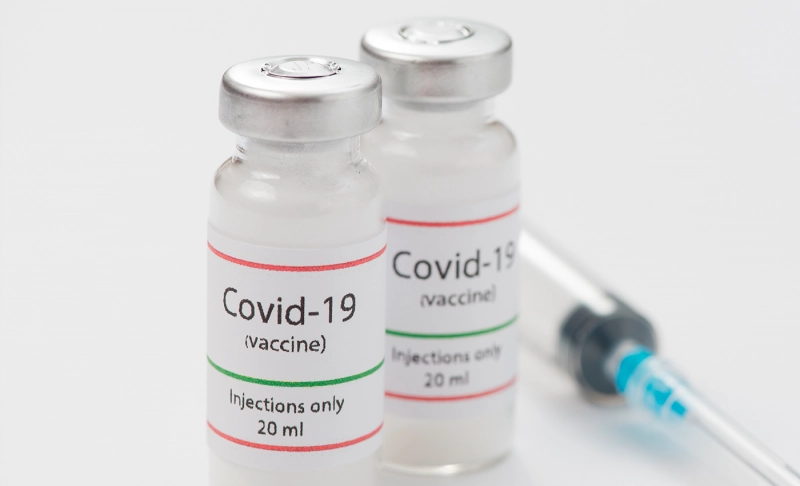By: Devika Kandelwal
December 22 2020

There were no approved vaccinations in April against COVID-19, and seven children did not die after receiving vaccination in Senegal.
There were no approved vaccinations in April against COVID-19, and seven children did not die after receiving vaccination in Senegal.In April 2020, a post started to circulate on social media claiming that seven children in Senegal died after being administered a COVID-19 vaccine. However, the claim is false. A spokeswoman for Senegal’s health ministry told the AFP news site that these claims were “fake news.” He said: "There is no vaccine … We have medical experts at the Institute Pasteur in Dakar working to create and certify a vaccine according to procedure. They will be completely transparent about their findings.” The claim originated from a video that was widely circulating in March and April 2020. The video of a chaotic scene in Senegal had a narration from a man speaking in French who says: “There is a big scandal in Senegal. There is a guy who came into a house to get kids vaccinated for coronavirus. He vaccinated seven children who died on the spot.” However, the audio was fake, and the original audio does mention a COVID-19 vaccine, but the claim about seven dead children was absent, reported France 24. France 24 also contacted the woman living in the house where the chaos took place. Alassane Mbodji told the news outlet that “everything that is said on social networks is false. No one died of any vaccine. Our children are healthy.” She further explained what happened and told France 24 that a man was going door-to-door a few weeks ago, introducing himself as an agent from the Ministry of Health who came to raise awareness about COVID-19. He also wore a t-shirt that had a Ministry of Health logo. But during the discussions, the woman said, she realized that he was not an agent of the Ministry of Health. He didn't have a badge. He had cosmetics intended for sale in his bag. During one interaction, a lady asked him if he had a vaccine against the coronavirus, to which he answered “yes” by showing the traditional medicines he wanted to sell, and that is how the rumor started. Furthermore, there were no approved vaccinations against COVID-19 in April. The first vaccine to receive emergency approval was the Pfizer/BioNTech coronavirus vaccine which was approved by the UK in the first week of December. The COVID-19 pandemic has given rise to a lot of potentially dangerous misinformation. For reliable advice on COVID-19 including symptoms, prevention and available treatment, please refer to the World Health Organisation or your national healthcare authority.